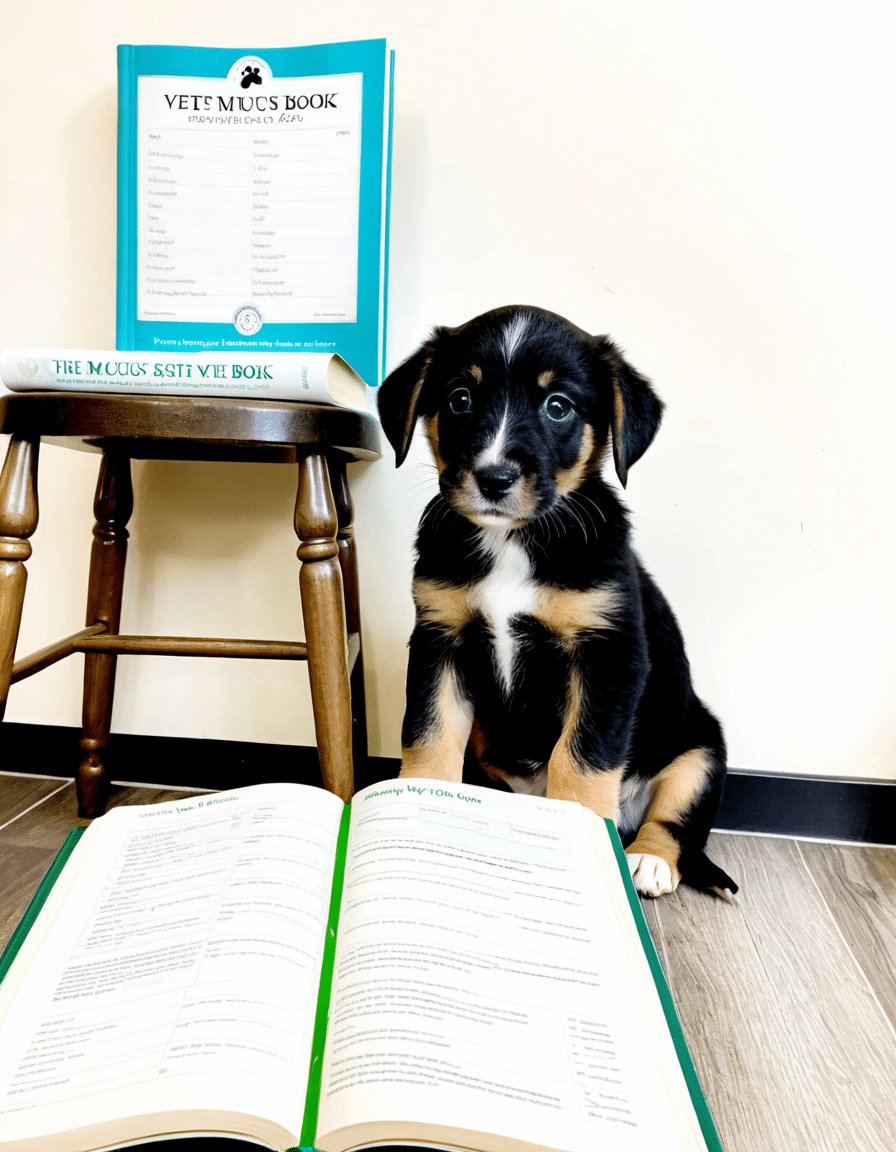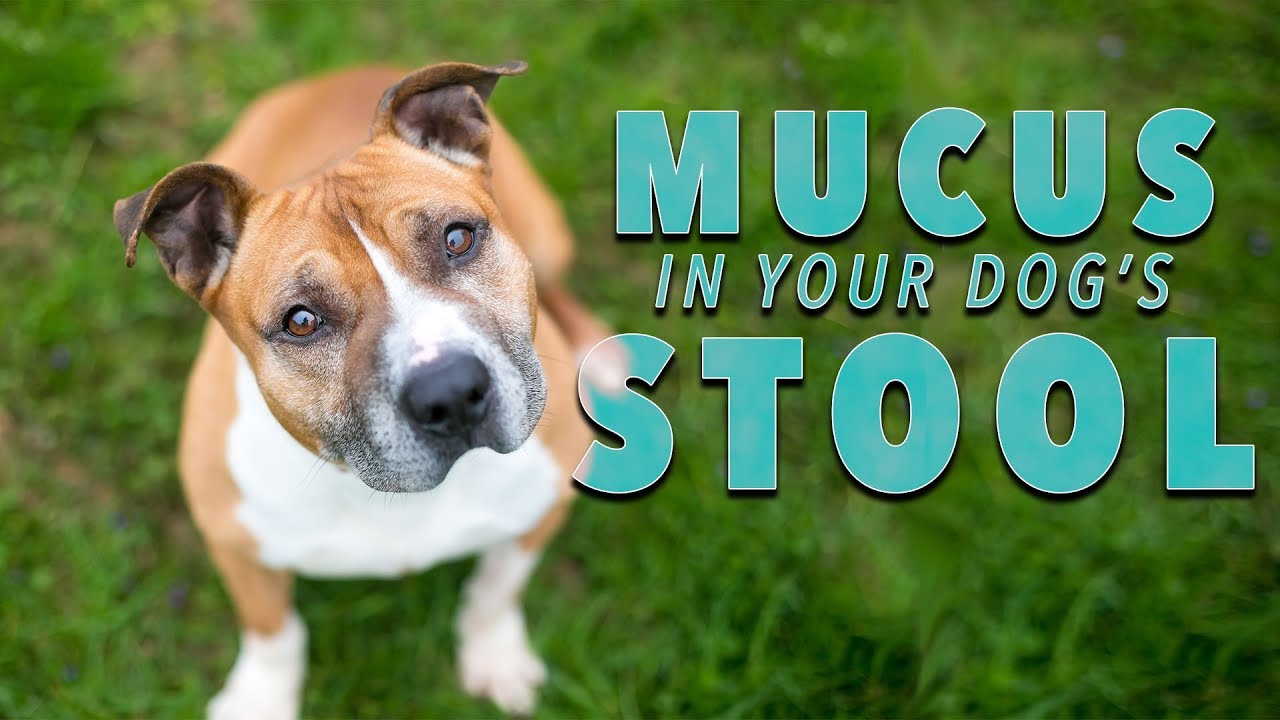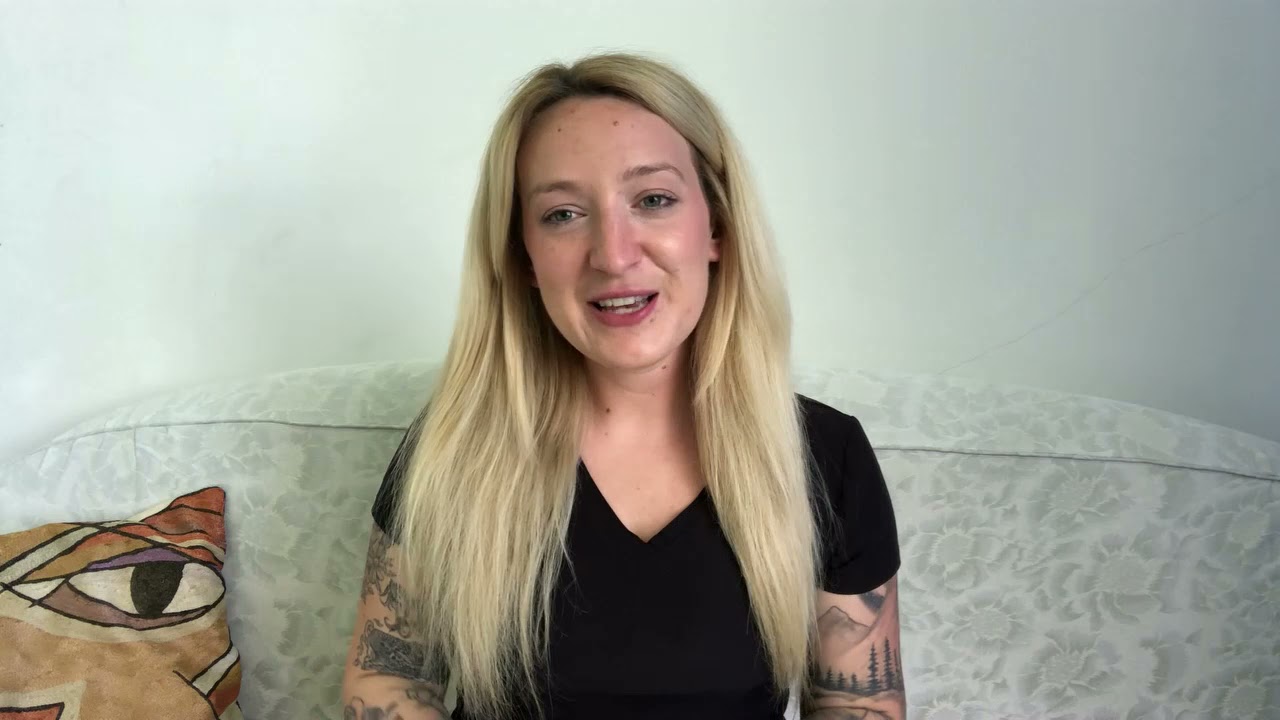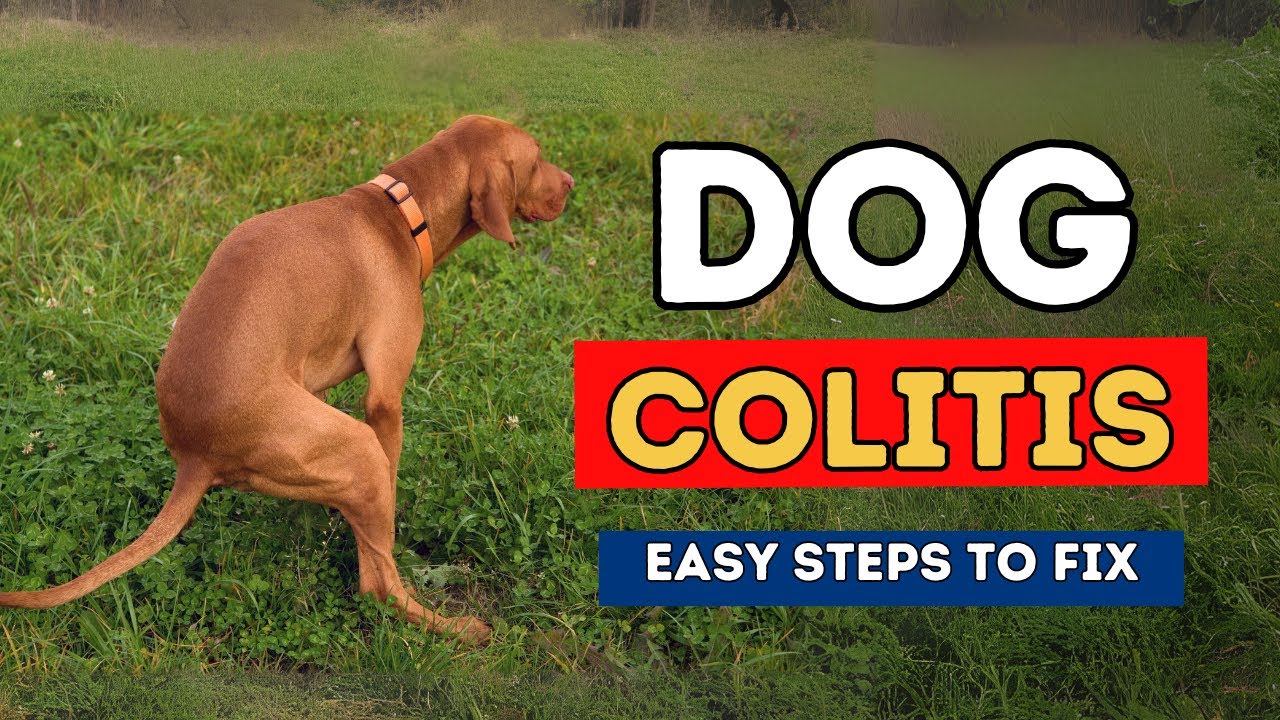Dealing with a puppy with mucus in stool can be a worrying experience for any new dog owner. Such a symptom might be nothing serious, or it could point to a more severe health issue. Understanding what it means and recognizing the symptoms early on is vital for your puppy’s health. In this guide, we’ll dive into common causes of mucus in your puppy’s stool, when you should seek veterinary care, and strategies to keep your puppy’s digestive system in tip-top shape.
5 Common Causes of Mucus in a Puppy’s Stool
1. Dietary Indiscretion
Puppies have a curious nature. They love to explore their surroundings, and this often leads them to ingest things they shouldn’t. If your puppy suddenly gobbled up something bizarre—a sock, a stick, or even a piece of furniture—it might result in mucus in their stool. Feeding your puppy high-quality dog food, like Royal Canin or Hill’s Science Diet, can help support their sensitive stomachs. But if you’ve got a little scavenger on your hands, be extra vigilant about what they’re eating.
2. Intestinal Parasites
Puppies are prone to infections from intestinal parasites like tapeworms, roundworms, and giardia. These nasty critters can lead to mucus in your puppy’s poop. Regular deworming is essential, and you should consult with your vet to choose appropriate medications, such as those from PetArmor. Watch for signs like an increased appetite but noticeable weight loss, or loose stools.
3. Infections
Bacterial or viral infections can be a culprit behind mucus in your puppy’s stool. Take Canine Parvovirus, for instance; this severe infection can cause a host of dire symptoms, including mucus and even blood in their feces. Staying up-to-date with vaccinations is the best preventive measure against such serious ailments. Observing your puppy’s behavior and stool regularly can help you catch these problems early.
4. Stress or Anxiety
Changes in a puppy’s environment or routine can result in stress and anxiety, which may lead to gastrointestinal upset. If your puppy has a sudden onset of bad gas or mucus-laden stool, it might be due to emotional strains—like a recent move or the introduction of other pets. Identifying what stresses your pup can help reduce these symptoms, leading to a happier, healthier companion.
5. Food Allergies or Intolerances
Just like humans, puppies can develop allergies or sensitivities to certain food ingredients. Common allergens include chicken, beef, and grains. These allergies can show up as mucus in poop. If you suspect this might be the case, a veterinary diet trial, like those offered by Blue Buffalo, can help you pinpoint any intolerances without the guesswork.
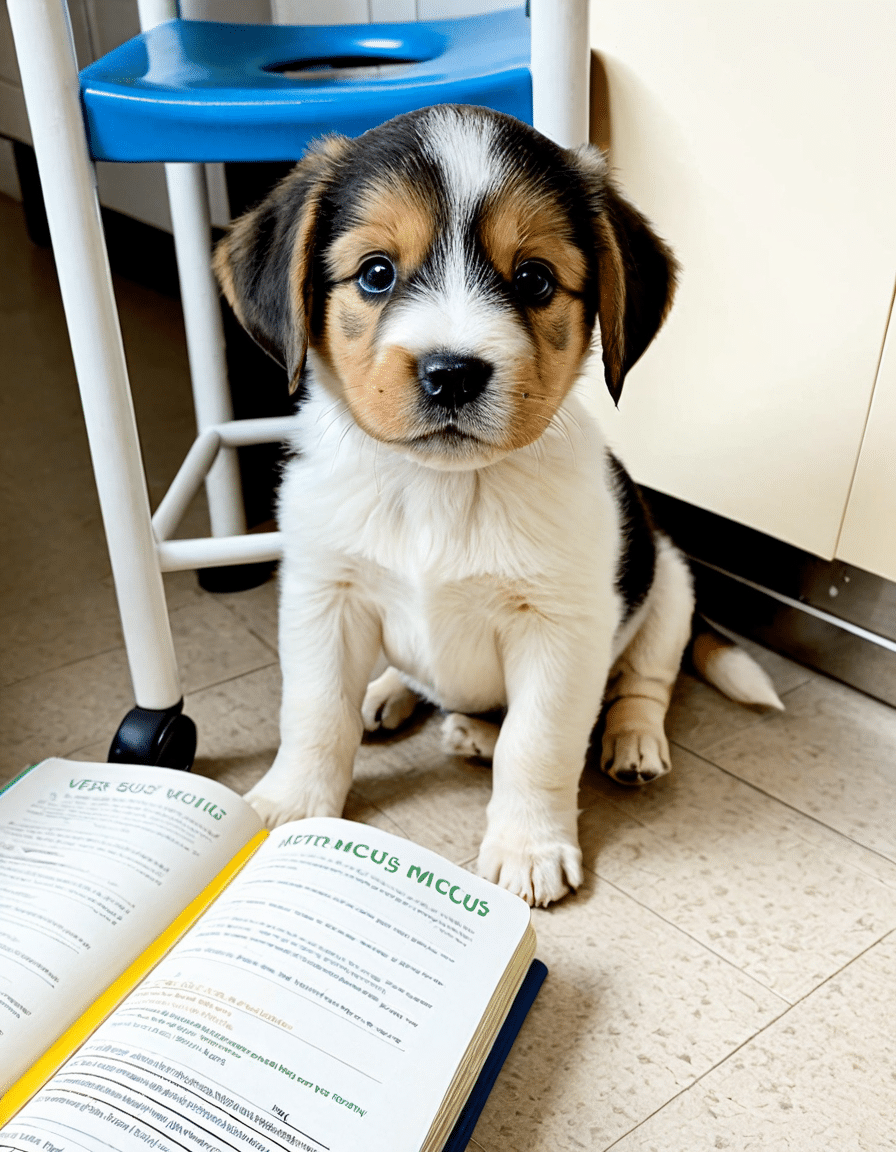
Symptoms Indicating Your Puppy Needs Immediate Attention
It’s critical to be watchful for additional symptoms that might give you a clue about your puppy’s health. If you notice any of the following signs, don’t wait—get your pup to the vet as soon as possible:
Maintaining Your Puppy’s Digestive Health
1. Regular Vet Check-ups
Routine vet appointments for vaccinations, deworming, and wellness exams are essential for keeping your puppy healthy. These visits can catch problems before they become bigger issues.
2. Balanced Diet
Feeding your puppy a high-quality diet tailored to their nutritional needs is pivotal. Avoid sharing table scraps with your puppy, as these can lead to dietary indiscretion and health problems down the line.
3. Hydration
Make sure your puppy has constant access to fresh water. Staying hydrated is especially crucial if they’re exhibiting any gastrointestinal issues.
4. Monitor Gastrointestinal Symptoms
Keeping track of changes in your puppy’s stool is essential. If mucus appears regularly, report these trends to your veterinarian. Monitoring daily habits can help in identifying any potential issues early on.
5. Stress Management
Take proactive steps to minimize your puppy’s stress. Engage in consistent training sessions and introduce your puppy gradually to new experiences or other pets. Creating a safe and calm environment helps enormously.
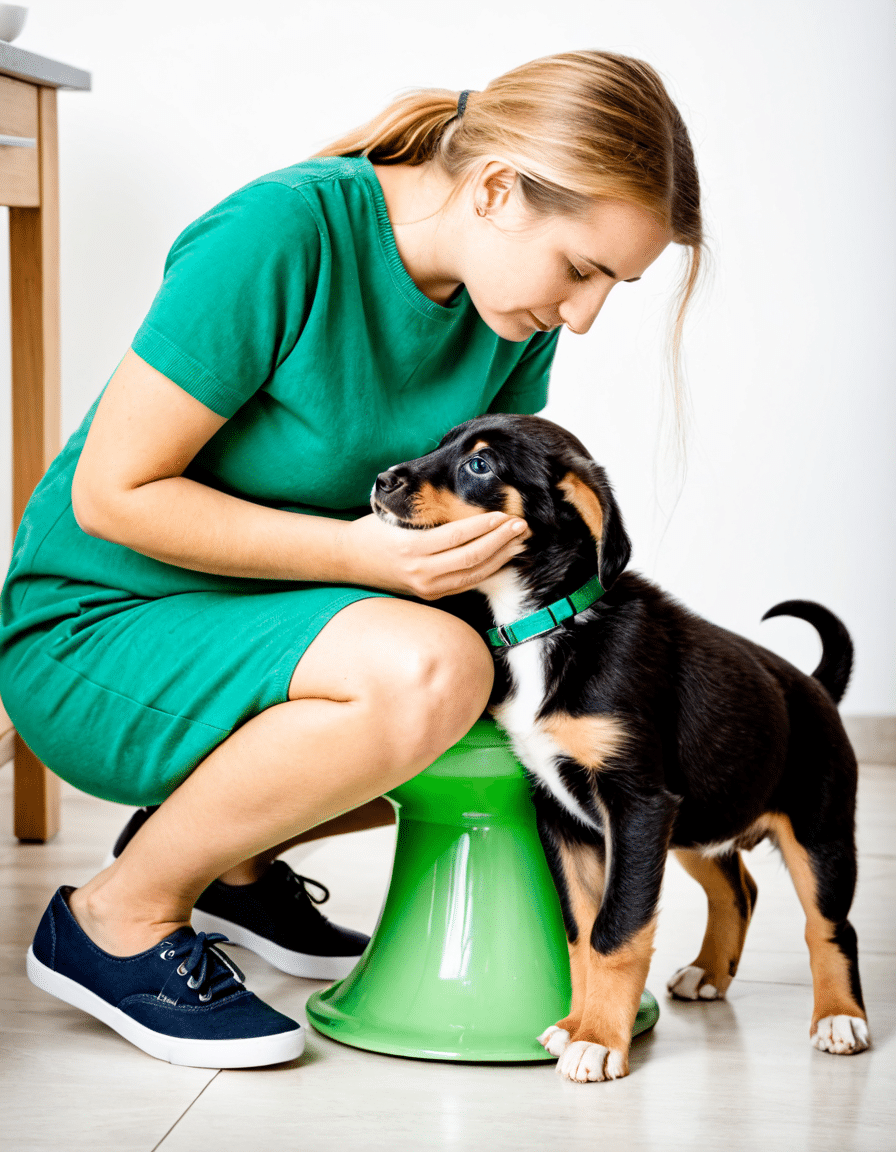
Proactive Measures for Puppy Healthcare
Taking charge of your puppy’s health can significantly reduce the chances of encountering severe issues later on. Explore resources like PetMD or The Spruce Pets for reliable information on training, grooming, and nutrition geared towards young pups. Remember, every puppy has their quirks; being attentive to their health will pave the way for a happy and thriving companion.
By being proactive and attentive, you will give your puppy the best chance to flourish during their formative months. Mucus in stool shouldn’t be viewed lightly; it’s a message from your puppy’s body, urging you to take notice. With proper care, you can minimize health risks and boost your puppy’s well-being, allowing them to grow up happy and healthy.
If you’re curious about other pet concerns, consider reading more articles on topics like Does Cats get Hiccups, tips for a bearded dragon ‘s natural habitat, or interesting mixes like a Shih Tzu And English bulldog. Keeping your furry friends in good shape can sometimes take a village, so don’t hesitate to seek information and ask for help!
Puppy with Mucus in Stool: Fun Trivia and Interesting Facts
When you spot mucus in your puppy’s stool, it’s easy to feel alarmed. But here’s a fun fact: a certain level of mucus in dog’s poop isn’t always a cause for panic. Just like a movie that might catch you off guard with its twists, finding mucus can be a sign of minor digestive upset or even normal intestinal function. For puppy parents, a little knowledge goes a long way! Speaking of intrigue, have you ever dived into the world of cult Documentaries? Just like understanding the oddities of cults, knowing your pup’s poop can reveal important health facts.
Now, let’s lighten the mood a bit. Did you know that the reason why your puppy might have mucus in its stool could relate to their diet? Just as you might swap out an old favorite for something new, like trying a taco from Tacombi, a change in your puppy’s food can sometimes lead to a little extra mucus. Always aim for high-quality, puppy-formulated kibble to keep things running smoothly. And while we’re on the subject of what goes in, have you ever wondered,Can You use shampoo as body soap? Most of the time, it’s not a great idea, much like giving your pup people food that might upset their tummy!
Finally, remember that stress can also play a part in your puppy’s loose stools. Think about how certain tunes from Funk 49 bring up memories; similarly, your pup can have reactions to unfamiliar situations. Always keep a close eye on how they react to changes in their environment. Just like the amazing designs of those chic Gucci Slippers, finding the perfect fit – in diet and routine – is essential for your furry pal. Keep a lookout for other signs, and if mucus becomes a regular occurrence, a visit to the vet wouldn’t hurt. Remember: A happy pup means a happy home!
